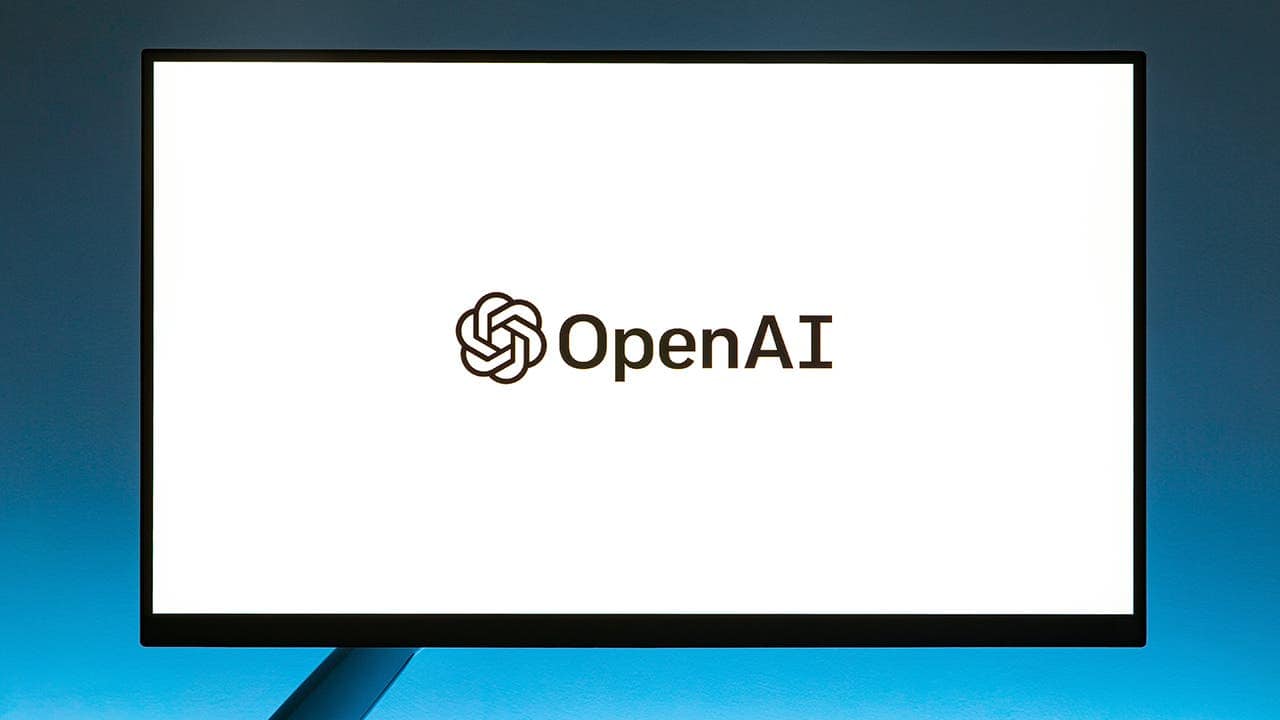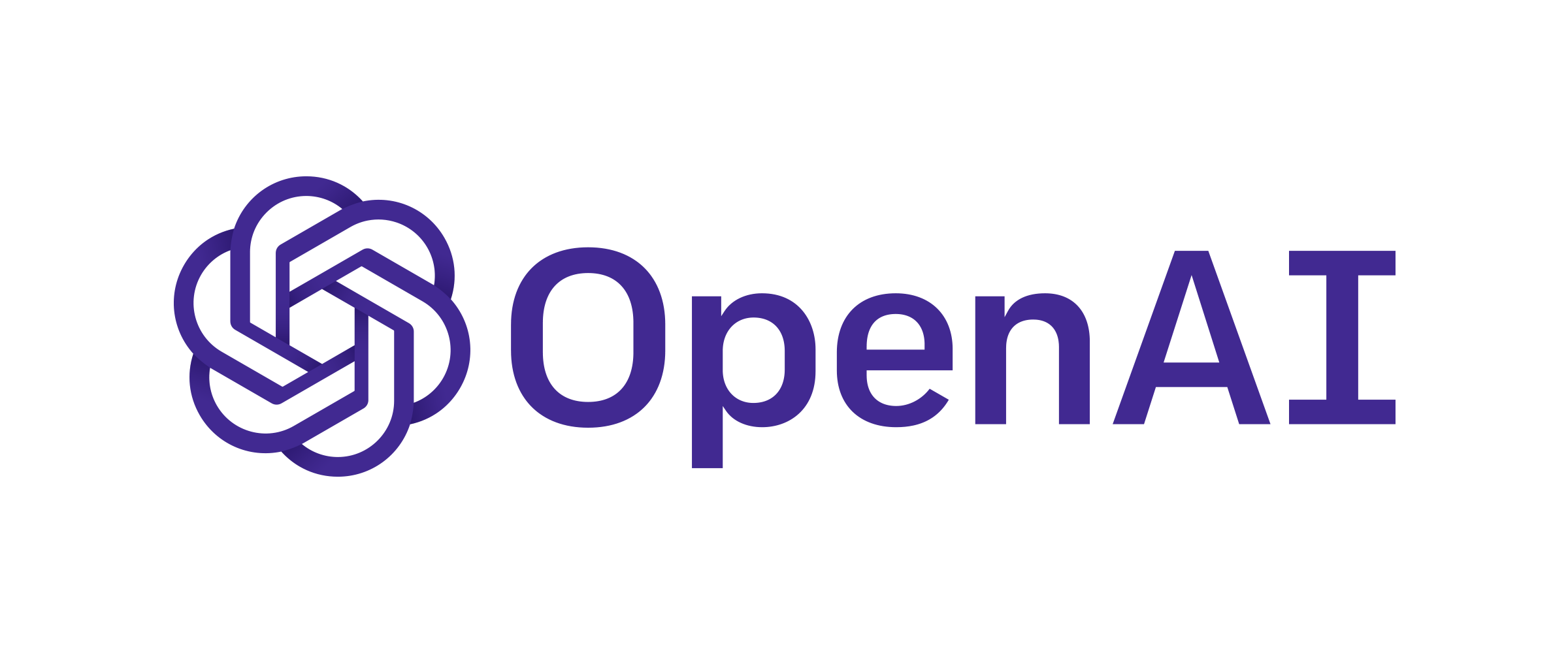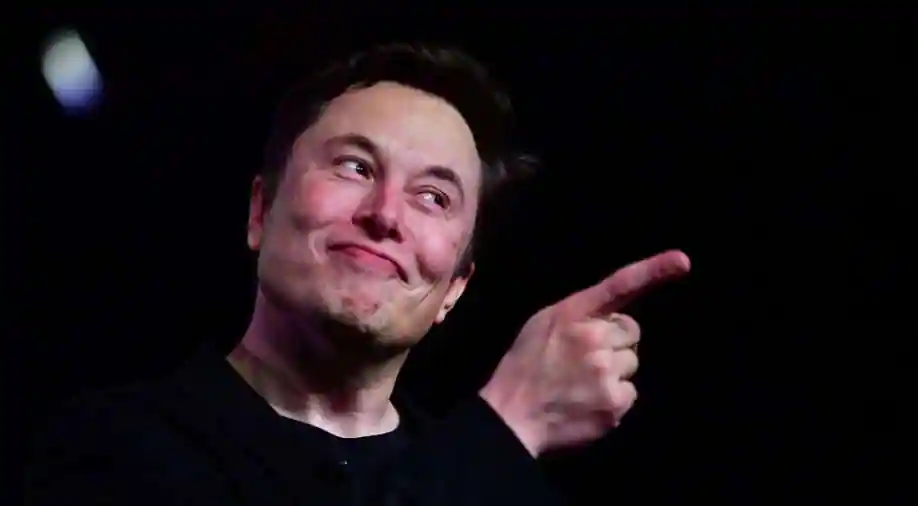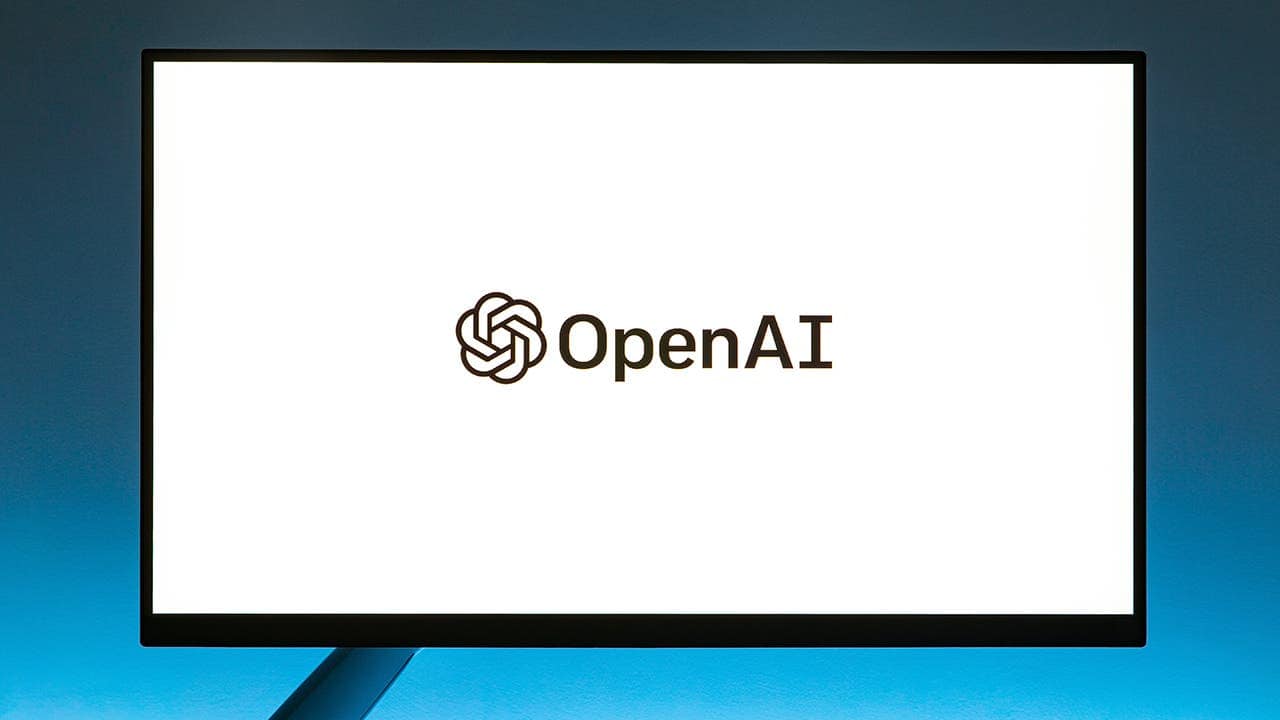Elon Musk’s recent lawsuit against OpenAI and its Chief Executive Officer, Sam Altman, has sparked a legal battle. The issue delves into the core principles and direction of the artificial intelligence company. OpenAI, a once non-profit organization was founded with the mission of developing AI for the benefit of humanity. However, it now finds itself at odds with Musk’s allegations of straying from this altruistic path. Elon Musk claims that the company now has profit-driven motives influenced by Microsoft’s involvement.

Musk’s Allegations and Lawsuit Details
Musk’s lawsuit accuses OpenAI of betraying its foundational mission by prioritizing profit over humanity. He claims that the company, under Microsoft’s influence, has shifted towards developing Artificial General Intelligence (AGI) for commercial gain rather than the greater good. The lawsuit includes claims of breach of contract, breach of fiduciary duty, and unfair business practices against Altman, Brockman, and several of OpenAI’s entities.
Elon Musk filed the lawsuit in San Francisco Superior Court on Thursday. He maintains that OpenAI and its CEO, Sam Altman violate the agreement established by the company. Musk wants OpenAI to return to an open-source company. In addition, he requested an injunction to prevent OpenAI, its president Brockman and CEO Altman (listed as co-defendants in the case), and Microsoft from profiting from the company’s AI technology.
Musk stated in the complaint that
“OpenAI Inc. has transformed into a de facto closed-source subsidiary of Microsoft, the world’s largest technology company . Under the leadership of its new board of directors, it has not only Developing, and indeed refining, a form of artificial general intelligence (AGI) to maximize Microsoft’s profits, not to benefit humanity.”
OpenAI’s Response and Disagreement
OpenAI has vehemently rejected Musk’s lawsuit, stating that it categorically disagrees with his claims. The company asserts that it has made significant progress towards its mission despite Musk’s assertions. OpenAI refutes the accusations of pursuing profit at the expense of its original goals. It maintains that the company emphasizes its commitment to advancing AI technology for the benefit of society.

According to an internal memo, OpenAI sent to employees, the company “categorically disagrees” with Musk’s lawsuit against the company, Bloomberg reported. OpenAI chief strategy officer Jason Kwon refuted Musk’s statement that OpenAI is a ‘de facto subsidiary’ of Microsoft. He said that Musk’s view “may stem from his regret that he is not involved in the company today.”
Kwon noted in the memo that the company’s mission “is to ensure that AGI (Artificial General Intelligence) benefits all people.” Kwon also said that OpenAI is independent and directly competes with Microsoft.
Gizchina News of the week
In another memo seen by Bloomberg, Altman called Musk “a hero of his” and said he misses the man who competed with rivals by developing better technology. With regards to the two memo, OpenAI declined to comment as well as on the lawsuit.
Evolution of OpenAI’s Mission and Microsoft’s Role
The lawsuit sheds light on the evolution of OpenAI’s trajectory, particularly after Microsoft’s significant investment in the company. Musk highlights concerns over AGI falling into the hands of for-profit entities like Google and stresses the importance of returning to OpenAI’s open-source roots. The legal battle underscores a clash between different visions for AI development – one driven by profit motives and another rooted in humanitarian goals.
Legal Complexities and Jurisdictional Challenges
The legal drama surrounding Musk’s lawsuit against OpenAI is not just about contractual disputes but also delves into jurisdictional challenges. Questions arise regarding the enforceability of agreements aimed at ensuring AI development benefits humanity. The lawsuit navigates through intricate legal terrain, including issues related to Delaware entities’ internal affairs doctrine and jurisdictional disputes between California and Delaware courts.

The legal landscape surrounding Artificial Intelligence (AI) contracts is intricate, especially when considering jurisdictional challenges in international AI agreements. These challenges stem from the global nature of AI transactions, involving parties from diverse legal systems and linguistic backgrounds. The relationship between jurisdiction and the Internet poses a significant dilemma due to the Internet’s global reach, making it challenging to align with traditional legal boundaries. Legal professionals must stay abreast of these challenges to ensure compliance, mitigate risks, and facilitate equitable dispute resolution in the realm of AI contracts.
Conclusion
In conclusion, Elon Musk’s lawsuit against OpenAI and its CEO, Sam Altman, has ignited a contentious legal battle that underscores fundamental disagreements over the direction of AI development. The lawsuit, filed in San Francisco Superior Court, accuses OpenAI of deviating from its original mission of developing AI for the benefit of humanity and prioritizing profit-driven motives, particularly under Microsoft’s influence.
Musk’s allegations raise critical questions about the ethical implications of AI development and the role of for-profit entities in shaping its trajectory. He contends that OpenAI’s shift towards commercial interests contradicts its foundational principles and calls for the company to return to its open-source roots.
OpenAI vehemently refutes Musk’s claims, asserting its commitment to advancing AI technology for the greater good. The company maintains its independence and emphasizes its mission to ensure that Artificial General Intelligence benefits all people, contrary to Musk’s assertions.
The legal dispute underscores the complexities of navigating AI development in an increasingly commercialized landscape. It also highlights jurisdictional challenges and legal intricacies surrounding contractual agreements aimed at safeguarding the ethical principles of AI.
As the lawsuit unfolds, it underscores broader debates surrounding AI ethics, corporate responsibility, and the future direction of technology development. Ultimately, the outcome of Musk’s lawsuit against OpenAI may have far-reaching implications for the ethical governance of AI and the role of profit-driven entities in shaping its evolution.







